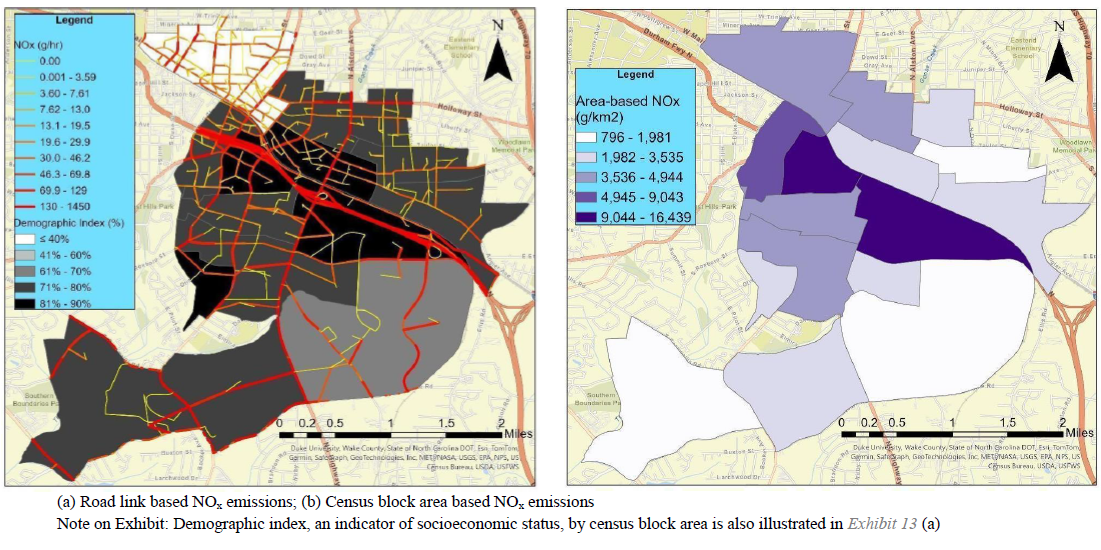Transportation decisions can either deepen environmental, socioeconomic, and health inequalities or serve to improve quality of life. This is particularly true for communities of color and low-income communities, who have been disproportionally impacted by historical transportation and land use policies that have furthered structural inequality and deepened spatial inequity in North Carolina. These communities are often more vulnerable to adverse weather, socioeconomic insecurity, and illness. In an effort to support NCDOT's goal of providing an equitable transportation system to all North Carolinians, this project developed multiple tools NCDOT can use to identify and address transportation inequity at the community level. Tools delivered through this study include a national State of the Practice review, nine case studies from across the state, Story Maps that communicate the impacts of historical transportation decisions, and implementation framework that can be leveraged to enact best practices, and other resources such as a presentation. Ultimately, this study is designed to help NCDOT achieve the goal of providing equitable transportation systems for all North Carolinians.

